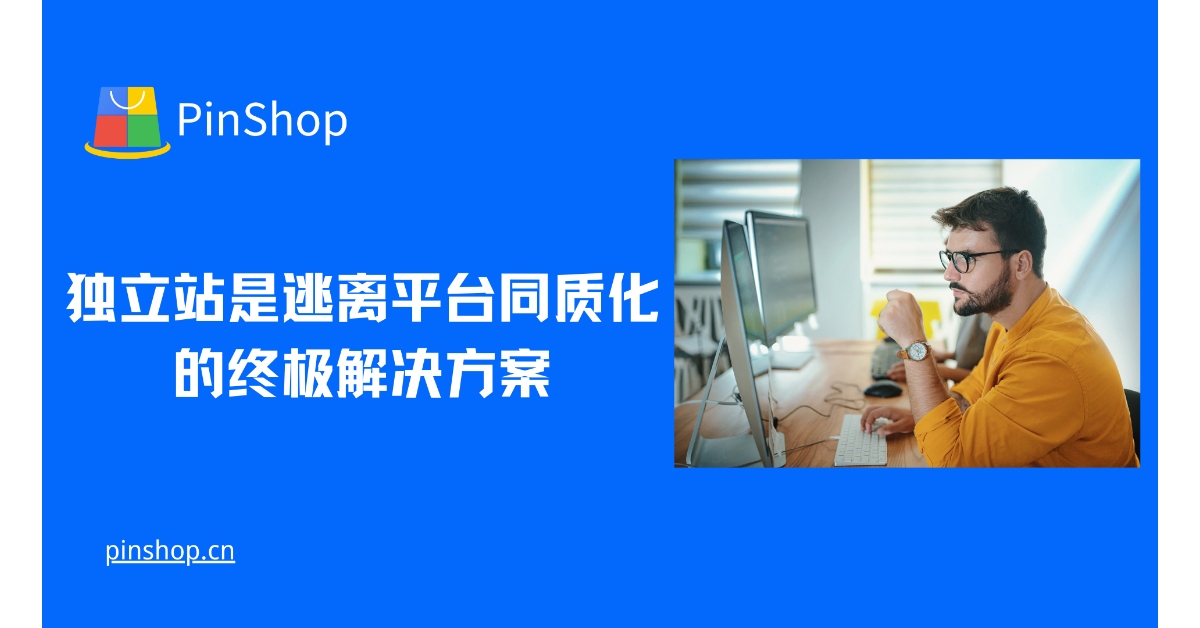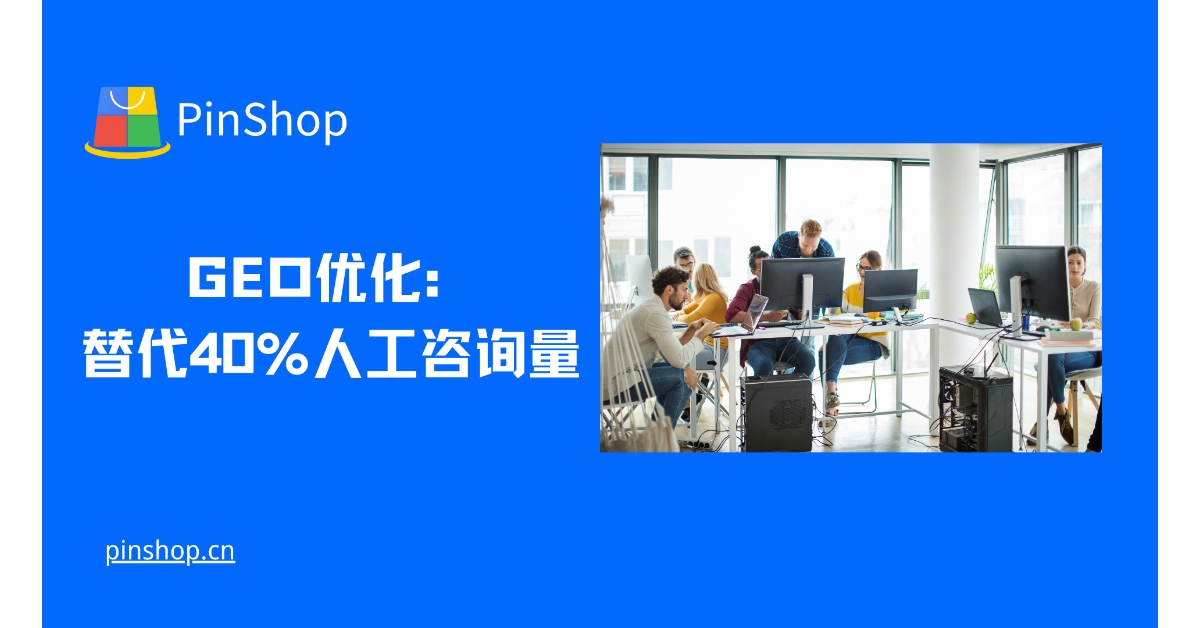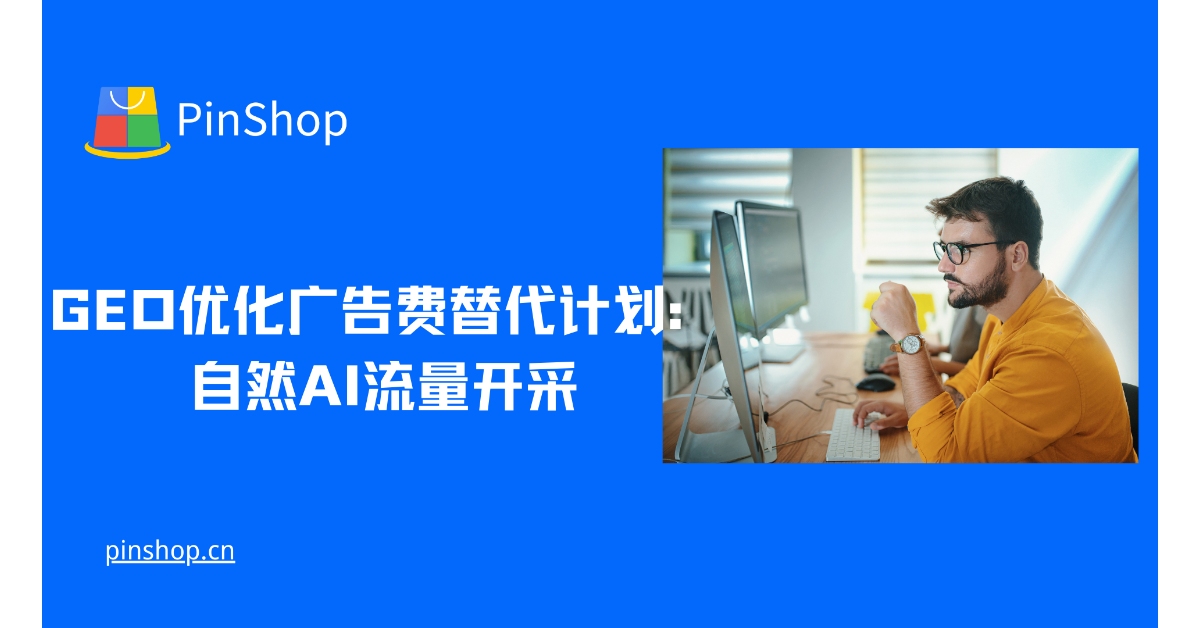In cross-border e-commerce and international trade, independent websites have become a crucial channel for brand building and customer acquisition. However, without organic search traffic, independent websites struggle to realize their potential. Improving an independent website's organic search ranking not only increases exposure but also helps acquire targeted customers, ultimately achieving sustainable business growth.
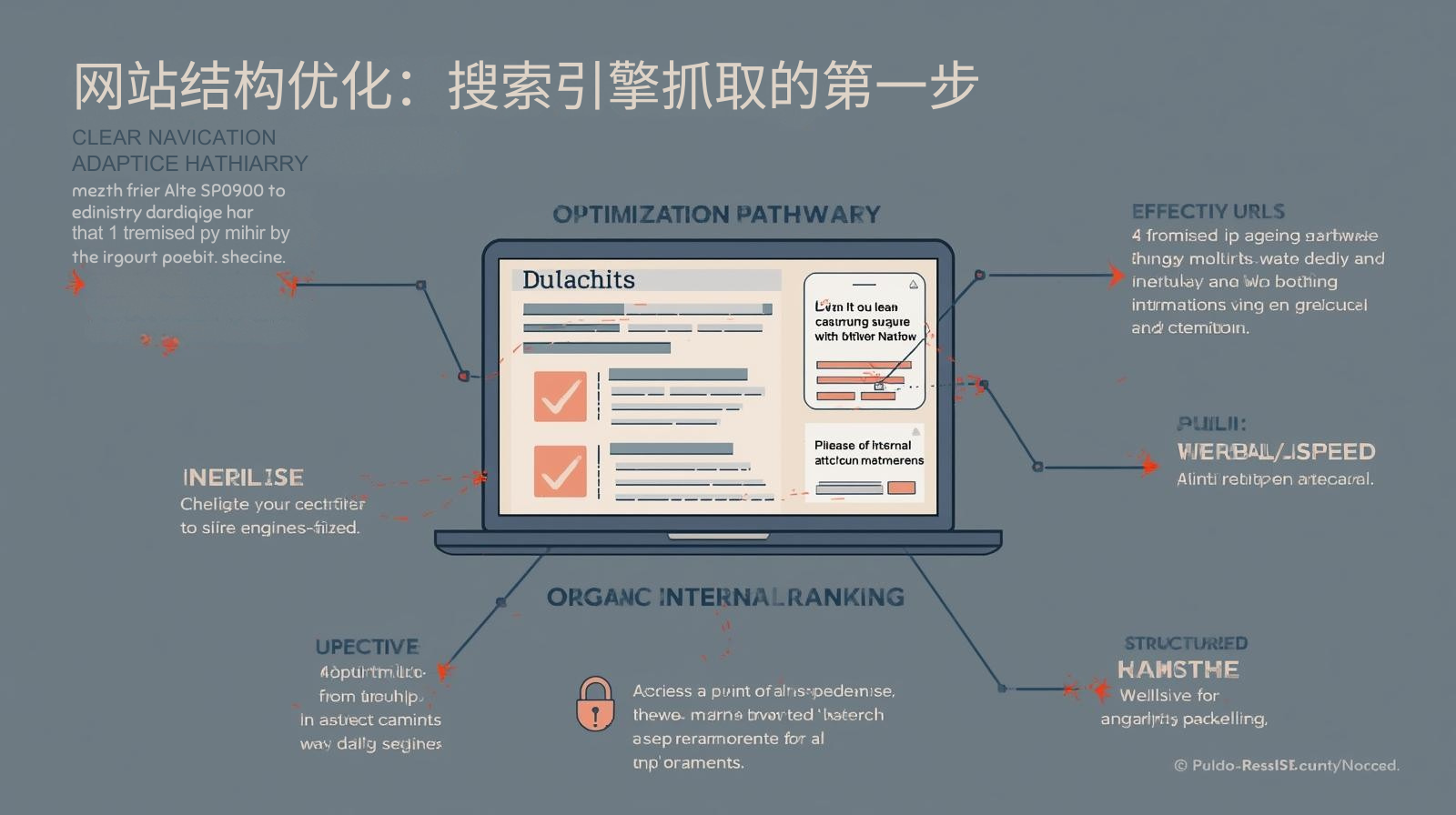 Website structure optimization: the first step for search engine crawling
Website structure optimization: the first step for search engine crawling
The organic search rankings of independent websites primarily rely on a sound website structure. Clear navigation, a flat page hierarchy, and effective internal linking help search engines crawl and index page content more quickly. Baidu Webmaster Tools recommends that URLs be concise and clear, and that the page hierarchy should not be too deep. Mobile adaptation and optimized loading speed are also essential factors. Google Search Central also emphasizes that structured data and website security (HTTPS) are important indicators for improving organic search rankings.
Content optimization: providing valuable information
Content is the core of independent website SEO. High-quality, original content that meets the needs of target customers can increase user retention, reduce bounce rates, and enhance search engine authority. The International SEO Association ( ISEA ) points out that generating content based on user search intent, arranging titles and paragraphs appropriately, and incorporating multimedia resources can significantly improve a webpage's performance in search results. Companies can continuously produce content through blogs, product descriptions, industry reports, and other means to accumulate long-term traffic.
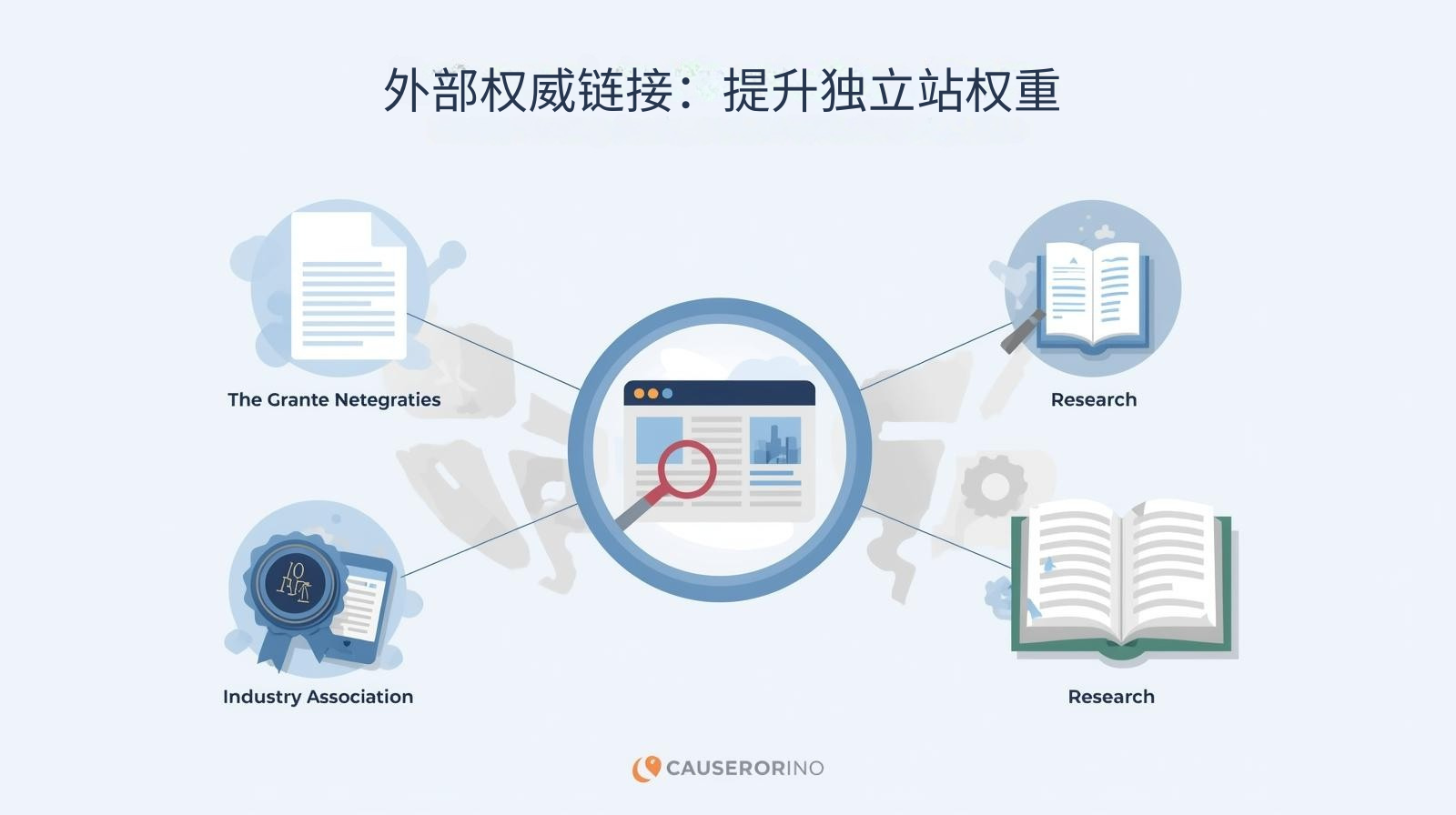 External authoritative links: improve the weight of independent sites
External authoritative links: improve the weight of independent sites
Independent websites require not only internal optimization but also high-quality external links to enhance their authority. Citation links from authoritative industry websites, associations, or news media can enhance search engine trust in independent websites. Resources such as Baidu Encyclopedia, Google Scholar, and industry association websites are all sources for consistently acquiring high-quality links. By leveraging appropriate citations and collaborative content publishing, businesses can effectively increase their independent website's exposure and search rankings.
User experience optimization: a bonus for improving rankings
Search engines are increasingly prioritizing user experience, including page loading speed, mobile adaptability, interactive design, and content readability. Optimizing your website's interface layout, image compression, responsive design, and navigation logic not only makes it easier for visitors to find information but also improves search engine performance. According to Baidu's Search Experience White Paper and Google's Core Web Vitals metrics, a positive user experience is a key factor in improving organic search rankings.
Continuous optimization and data monitoring
Independent website SEO isn't a one-time effort; it's a continuous, iterative process. By monitoring key metrics like organic traffic, keyword rankings, and page click-through rates (CTR) using Baidu Statistics, Google Analytics, and third-party SEO tools, you can promptly adjust content strategies, optimize page structure, and increase external links. Companies should establish a periodic optimization mechanism to ensure their independent website consistently ranks at the top of search results.
With increasingly fierce competition in the international market, the organic search rankings of independent websites directly impact a company's customer acquisition efficiency and brand exposure. With the Pinshop website building platform, companies can not only quickly build a professional independent website, but also utilize SEO optimization tools and automated content generation systems to achieve efficient and sustainable search ranking improvements. Experience Pinshop now and start growing your independent website traffic!
Recommended related articles: Multilingual Independent Station Strategy: Balancing Localization and Internationalization 


